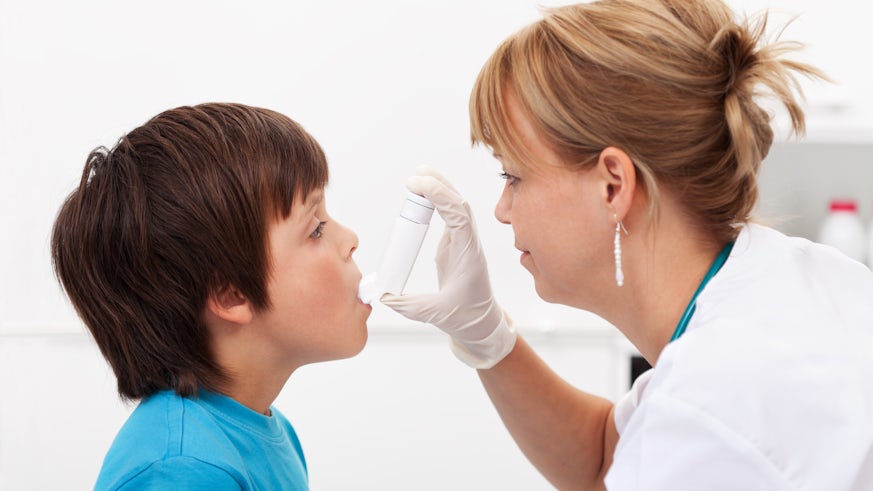Treating breathing problems in preterm children
1 February 2017

Cardiff University child health experts are renewing their appeal for Welsh families to take part in another landmark study to improve the health of children born prematurely.
In the largest study of preterm born children in the world, the team from the School of Medicine has already collected information from 7,000 children to investigate the long-term breathing outcomes in babies born early compared to those born on time.
With £1.36 million funding from the Medical Research Council (MRC), they now plan to build on this research by visiting 1,000 children at their homes to further understand why prematurely born children develop breathing problems. Those with significant breathing problems will be invited to join a treatment trial to identify the best treatment in prematurely born children.
Professor Sailesh Kotecha, who is leading the research, said: “From the marvellous response that we received from over 7,000 children in Wales, we have established that prematurely born children have significantly more respiratory symptoms than those born on time. However, it is unclear why this happens and what is the best treatment..."

"With this new study, we shall aim to establish the best treatment that should be used for prematurely born children with lung symptoms. To do this, we need the families that have previously taken part in our study to help us once again.”
Preterm births account for 10% of all world-wide births and over 50,000 premature babies are born in the UK each year. Although increasing numbers of these babies are surviving into childhood and beyond, there is limited understanding of the outcomes of being born early. Furthermore, it is unclear if current inhaled drug therapy is effective in preterm children with breathing problems. The new research will shed some light on the underlying mechanisms that result in respiratory symptoms and will also establish optimal treatment for these children.
Professor Kotecha adds: "We'd like to say thank you to all families who have taken part so far and we really hope they will take part again in the coming months. With the families’ help, we can better understand why children born prematurely suffer with breathing problems and help develop targeted drug therapies that can provide a better quality of life."
The team will be inviting families who have previously taken part in the trial over the next year, so research nurses can visit the children at their homes. Those with significant respiratory symptoms will be invited to join a treatment trial to evaluate the best inhaler treatment that should be used for prematurely-born children with respiratory disease.
If families would like further information, please contact the research team on 029 2074 4187, email rhino@cardiff.ac.uk or visit http://rhino-health.org.
Share this story
The School is a major international centre for teaching and research, and committed to the pursuit of improved human health.

